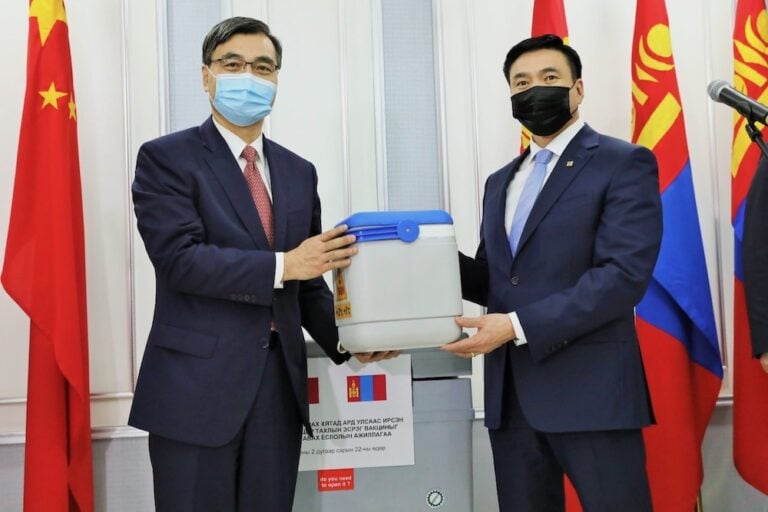(Globe International/IFEX) – The Supreme Court of Mongolia has issued new interpretations of provisions of the criminal defamation law, in order to provide a uniform understanding and thus ensure the correct application of the legislation. The interpretations apply to Articles 110 and 111 of the Mongolian Criminal Code and primarily involve legal definitions pertaining to […]
(Globe International/IFEX) – The Supreme Court of Mongolia has issued new interpretations of provisions of the criminal defamation law, in order to provide a uniform understanding and thus ensure the correct application of the legislation.
The interpretations apply to Articles 110 and 111 of the Mongolian Criminal Code and primarily involve legal definitions pertaining to a range of defamation terms, including “reputation”, “honor”, “insulting”, “libelous defamation” and “damage”.
Globe International is concerned that some interpretations are inadequate and could be detrimental to journalists, who have been targeted in the past in questionable defamation suits.
Globe lawyer Ganbold Davaakhuu said this risk was evident in the Supreme Court’s interpretation of the term “reputation”, which the court has defined as an evaluation by others and by an individual himself. Davaakhuu said a person’s “reputation” should not be open to subjective evaluation.
Davaakhuu also said the revised definition of the term “libelous defamation” was similarly flawed. The court decreed that the term referred to “obviously untrue information, documents”, which Davaakhuu said had not been adequately explained and still left journalists open to defamation claims.


